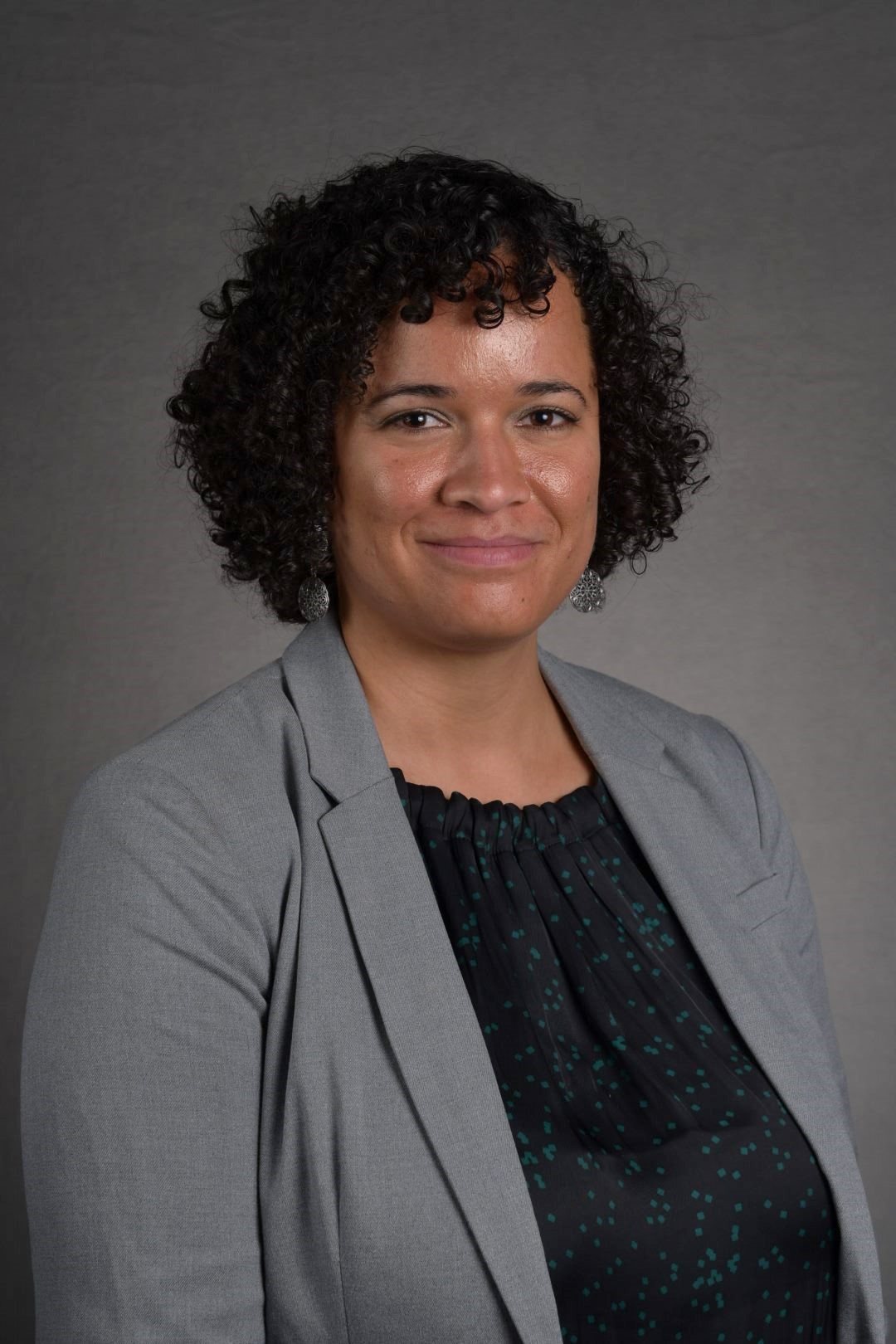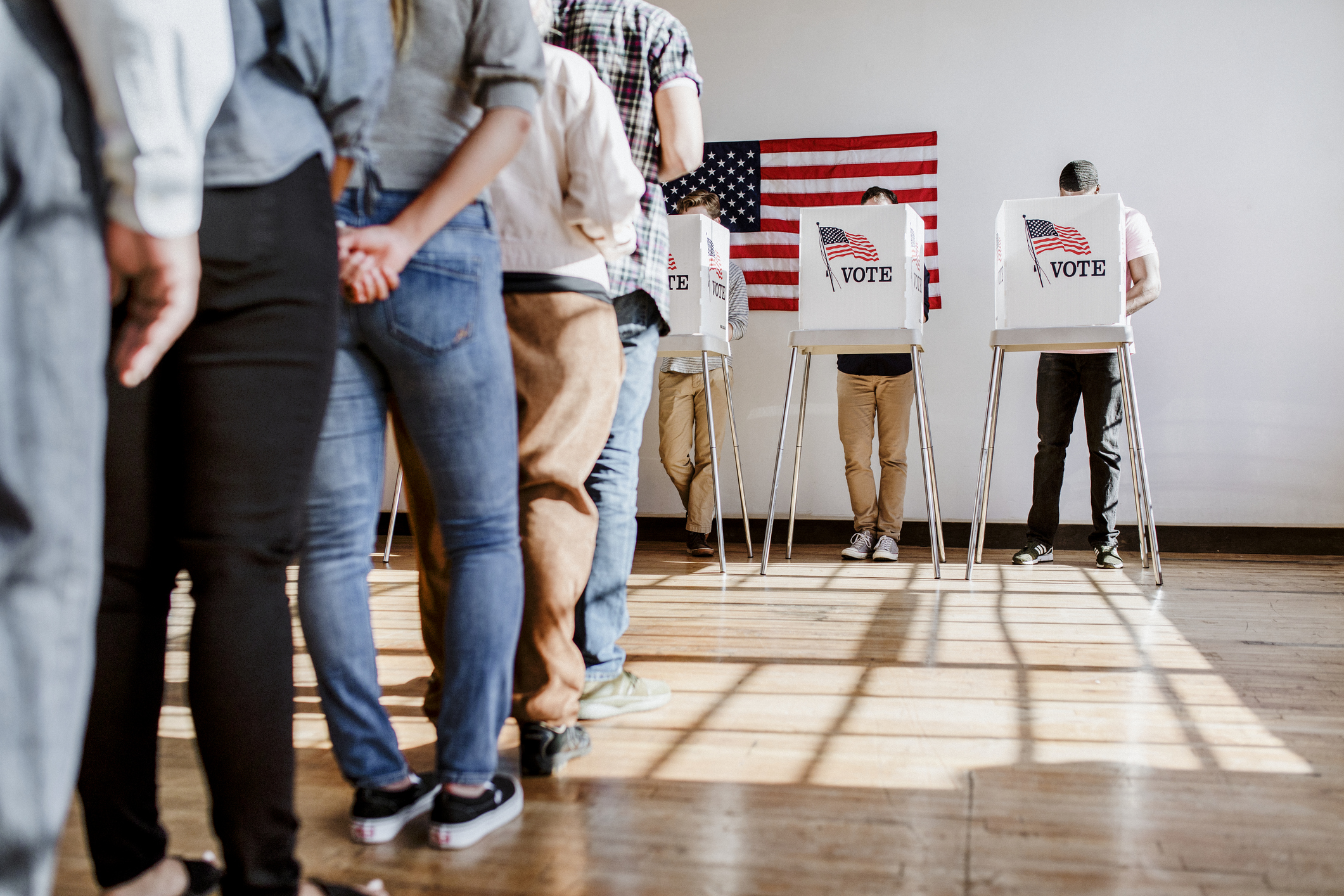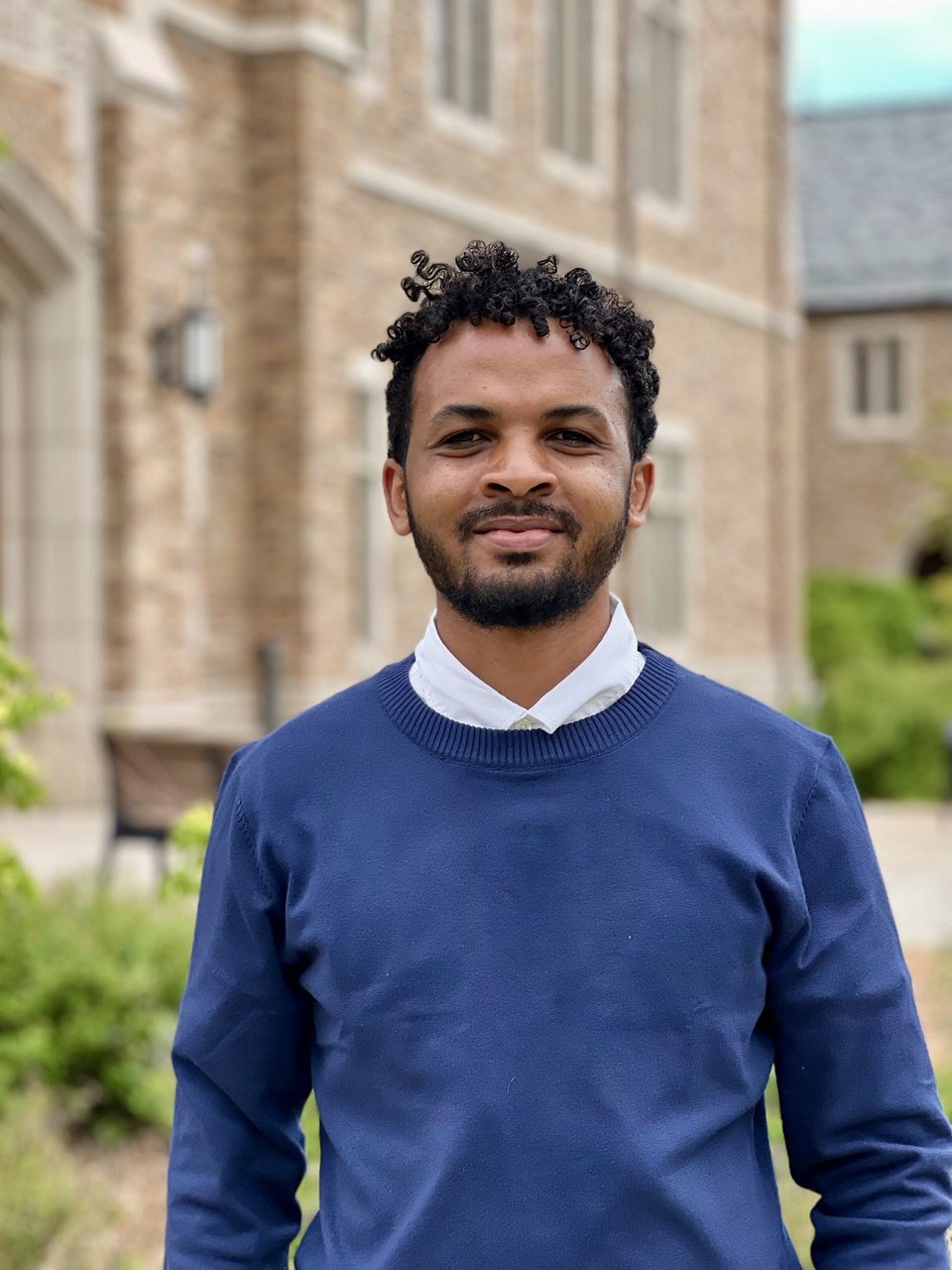Charity Scott, Ph.D., draws on her experience as a former teacher to inform her research on school policies, K-12 students’ mobility, and their stability.
Each year, Oak Ridge Associated Universities (ORAU) awards junior faculty with the Ralph E. Powe Junior Faculty Enhancement Award to support early-career research and professional growth. The award provides seed money to tenure-track faculty within two years of their tenure, and often leads to future grant opportunities.
Among the award recipients for this year is Charity Scott, PhD., assistant professor of public policy and administration at the Wilder School. Scott is recognized for her research on student mobility and its impact on students' social, psychological, and academic outcomes. Student mobility is defined as changing schools for any reason other than advancing to the next grade level. It can be voluntary or involuntary and often coincides with residential mobility, such as when a family becomes homeless or moves due to financial or career changes.
Left behind
The majority of Scott’s research focuses on legislation that can destabilize students, teachers, schools and their communities. The research Scott submitted to ORAU draws on data from her home state of Indiana. The metrics track K-12 students’ movement from school to school over the last two decades. Scott seeks to understand the broader implications for student outcomes.
Scott examined a collection of policies that could explain why students frequently change schools, including gentrification, rising housing costs and instability, school closures and consolidation, and schools’ other policy choices. Her research suggests that these factors contribute to instability, resulting in frequent moves. Voucher programs and competition from charter schools further complicate the landscape.
“In Indiana, especially, there's been a lot of school closures either due to lack of funding or because of too much competition,” said Scott. “So you have a lot of schools, but still the same amount of students, which leads to schools that are under-enrolled and then closed.”
Charter schools, often operating independently or as part of small networks, are particularly vulnerable. “This has very real impacts for the students enrolled in those schools, as well as their families that are relying on that school to be there from one year to the next,” Scott explained.
Scott also factors in overall increases in the cost of living resulting from neighborhood revitalization efforts. “The disadvantaged neighborhoods that are there now look very different from when I was growing up,” she recalled. As property values rise, low-income families are faced with higher taxes on the homes they own or higher rent. Consequently, the children of at-risk families, such as minorities, immigrants and low-income individuals, are often forced to relocate more frequently.
“In those 12 years, you have some students changing schools 46 times. There's no way the student would have gathered the necessary information to master the content in whatever year they moved so frequently. “They also won't have a consistent friend group or build relationships with their teachers in the same way.”
– Charity Scott
Scott believes that with this study, she’ll be able to develop an accurate assessment of the toll that neighborhood and school changes have on K-12 students in Indiana — academically, socially, and psychologically. She’s eager to explore additional factors such as high school attainment, graduation rates and corresponding labor market implications.

Charity Scott, assistant professor of public policy and administration
Empathy is the drive
Scott’s passion is fueled by her lived experiences as a K-12 teacher in Indianapolis. There, she became all too familiar with institutional instability. She taught at two schools in her home district before moving to another after the first two closed. These schools were already underfunded and mired in fierce competition from surrounding charter schools.
“I started thinking, if it's this destabilizing for me as a teacher, as a grown person, what is the experience for students?” she wondered. “What better policies could be implemented to improve outcomes for the students that I had in my classrooms? So I decided that I would go back to graduate school and pursue this research.”
That decision led her to earn an MPA in policy analysis from Indiana University in Indianapolis. “Once I started that coursework, I was like, ‘this is exactly what I need to study’,” she said. She next completed a Ph.D. at Ohio State University. In 2024, Scott joined the Wilder School, where she teaches and mentors Ph.D. students.
> Learn more about the Public Policy and Administration Ph.D. program
She’s determined to ensure her studies align with an inclusive vision for education, one that centers a student’s holistic well-being as opposed to the privatization of education.
Tracking policymaking to influence change
Scott continues to fuel her passion for policy through her involvement in other policy initiatives. She collaborates with the VCU Wilder School Research Institute for Social Equity (RISE) on various projects, including legislative equity reviews.
“It's nice as someone who's new to Virginia to be one of three people reviewing all of the budget bills and coding them for equity,” she said. “It really gives me a comprehensive understanding of what the values of the legislators are, particularly in terms of equity, but also more specifically on whether there are school, AI, energy or criminal justice policies being proposed that are equity related.”
In addition to RISE, Scott also serves on the Ph.D. program committee, where she reviews applications and identifies areas for program improvement.
Building opportunities to transform K-12
Scott is currently in the data cleaning phase of her research. With the Ralph E. Powe Junior Faculty Enhancement grant, she’ll be able to finish her work and provide experiential learning opportunities for graduate students. She hopes that her findings will encourage community members, policymakers and education and housing advocacy organizations to examine the impact on children’s development--not just the economic rationale behind school choice.
“The big question with this research is ‘Do children need stability to thrive and what are we doing policy-wise to support that stability for children?’ so they can grow and develop in a holistic and protected way,” explained Scott. As children are the most vulnerable population, she encourages leaders to prioritize education investment over macroeconomic policies that continue to benefit some but not all.
Scott plans to replicate this study for other states, such as Virginia. “Even here in Richmond, there are similar patterns, not so much with school choice because there are caps in Virginia regarding charter schools, but with neighborhood revitalization,” she said. “It would be interesting to compare both states and how experiences differ for children here in Virginia compared to children in Indiana, who have experienced a more open market model of school choice.”
Scott is focused on collaborative research and has numerous co-authored publications with peer researchers to explore additional barriers that hinder the maintenance of stable environments for youth.



